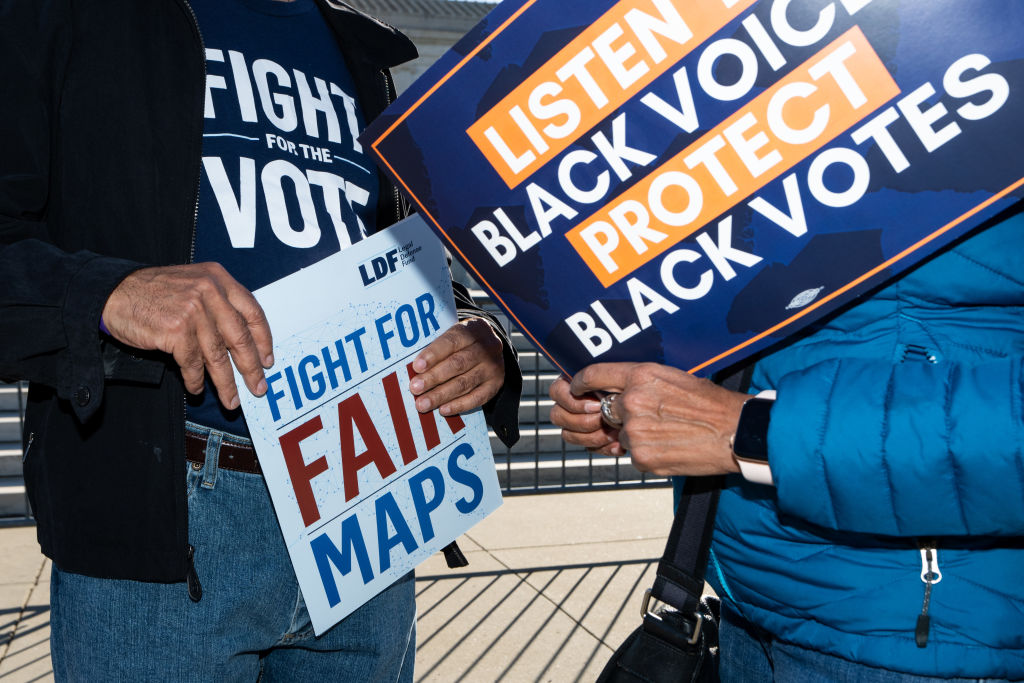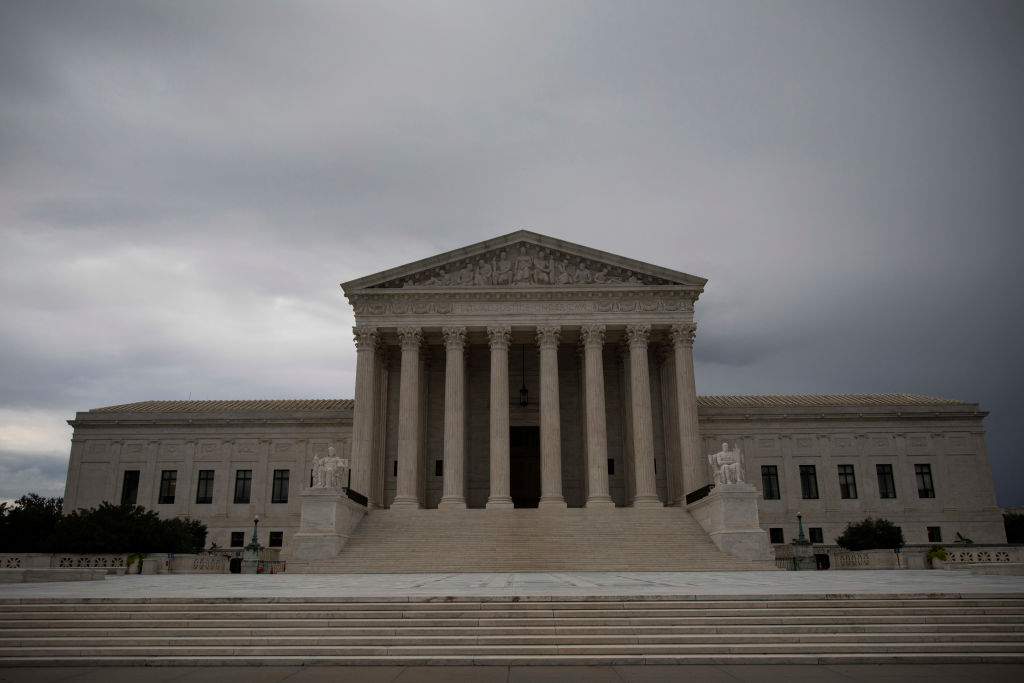Racial Gerrymandering
In North Carolina, the will of the people is being usurped by public officials who would rather choose their voters than be chosen by them.
Voter purges and redistricting are prescient in Ohio, but Ohio is endemic to what is happening across the country.
South Carolina's congressional voting map was deemed racist by a lower court.
Three federal judges ruled that Ron DeSantis and the Florida legislature didn't redistrict the state's congressional map for a "racially discriminatory purpose."
The ruling in Alexander v. South Carolina State Conference of the NAACP will likely set precedent.
Black leaders are hailing the Supreme Court ruling upholding voting rights in Alabama as a huge win while also expressing cautious optimism about what comes next.
Among the first arguments is one of the few remaining sections of the Voting Rights Act.
When legislatures draw lines that are discriminatory or gerrymandered, the will of voters is subverted and diminished, Jasmine Burney-Clark is the founder of Equal Ground Education Fund and Action Fund, writes in this op-ed.
Since the Voting Rights Act's gutting in the 2013 Supreme Court case Shelby v. Holder, the procedural guardrails that would flag issues like those in the Texas maps no longer exist.
Longtime North Carolina Rep. G.K. Butterfield, who presides over a district that has been held by a Black representative for nearly the last 30 years, won't seek re-election in part because of a "racially gerrymandered" redrawn congressional map.
As lawmakers discuss today’s hot topic policy issues, we must remain focused and hold our leaders accountable during the redistricting process that is producing a number of gerrymandered maps of where people can vote.
Thomas, once again, sides with the high court's conservative judges.



















